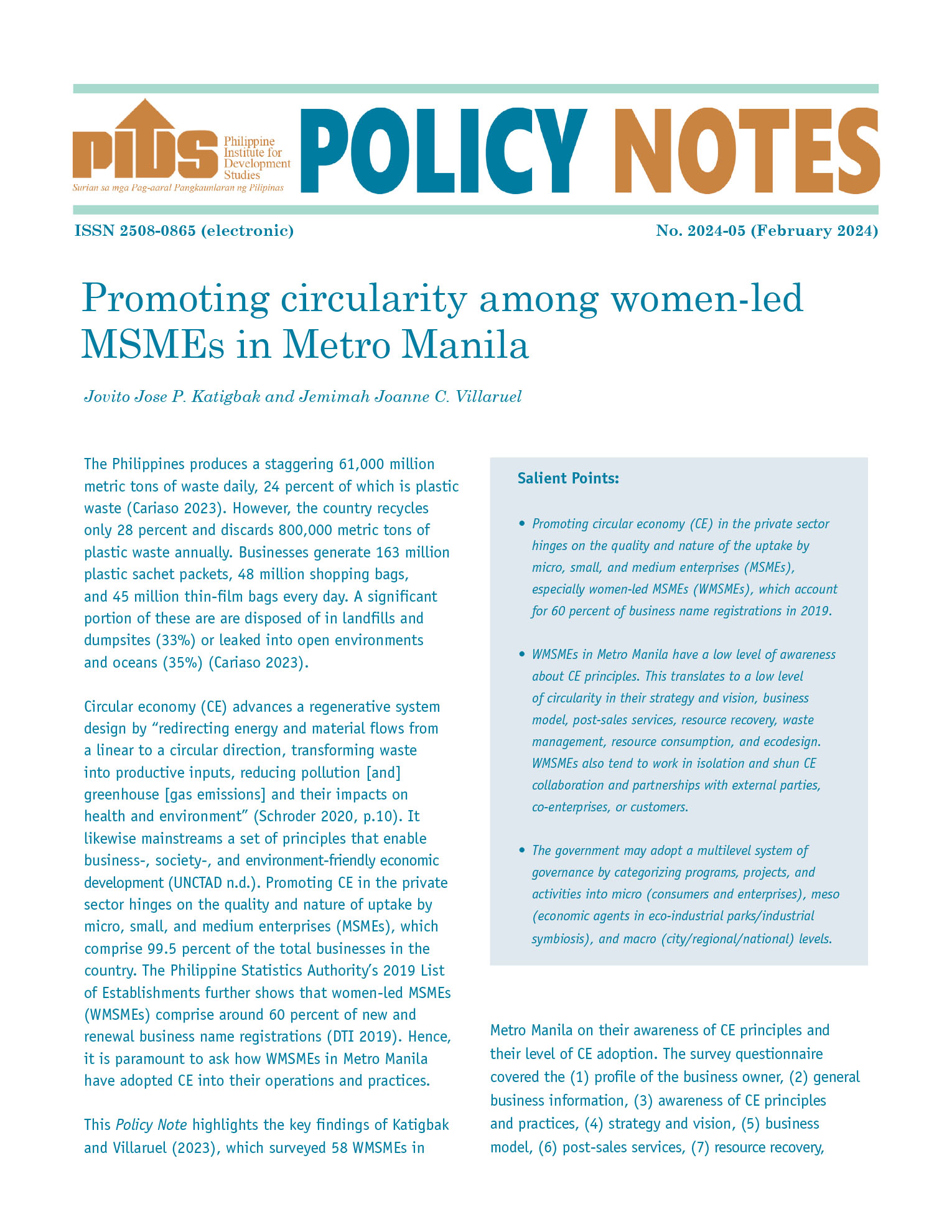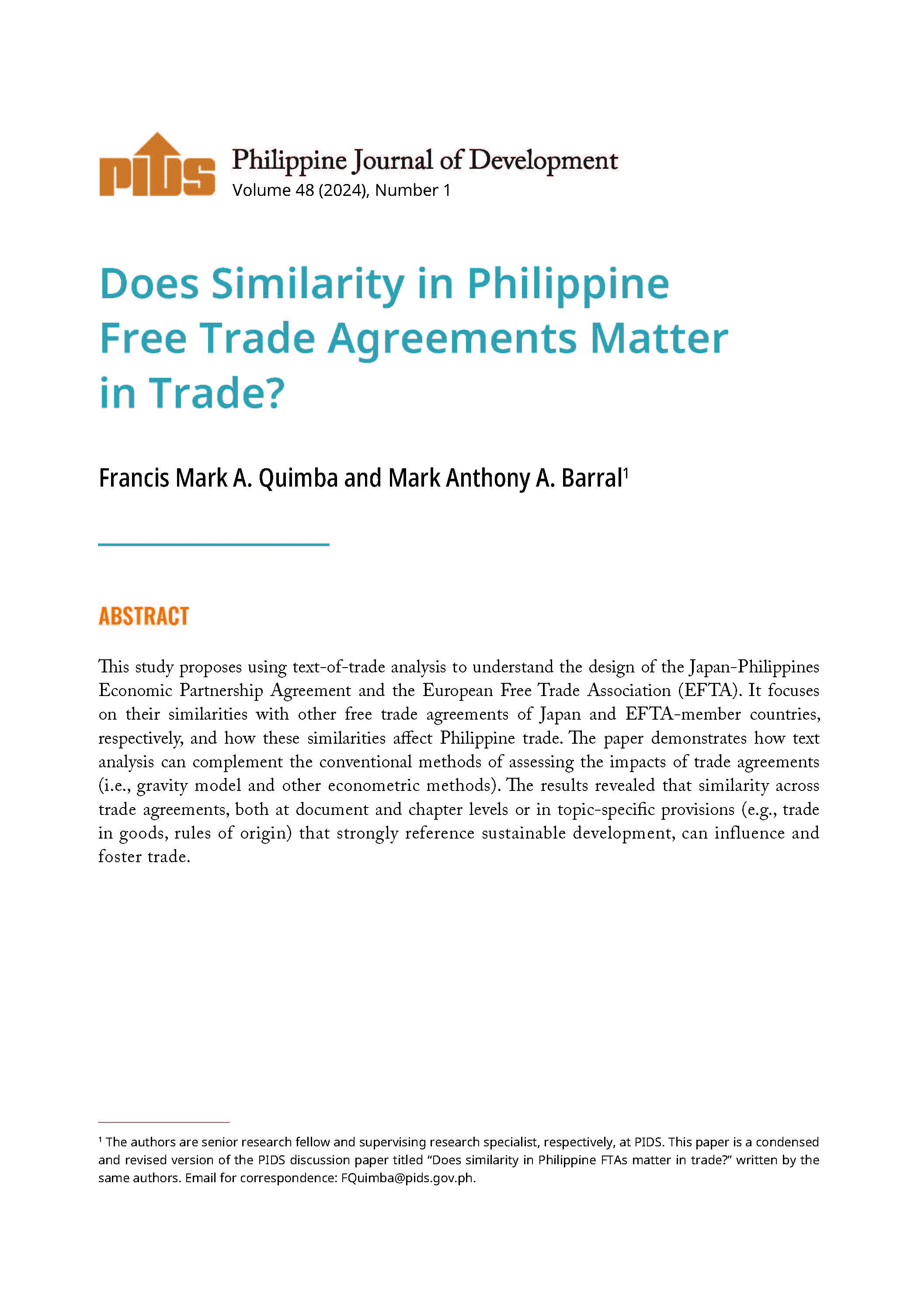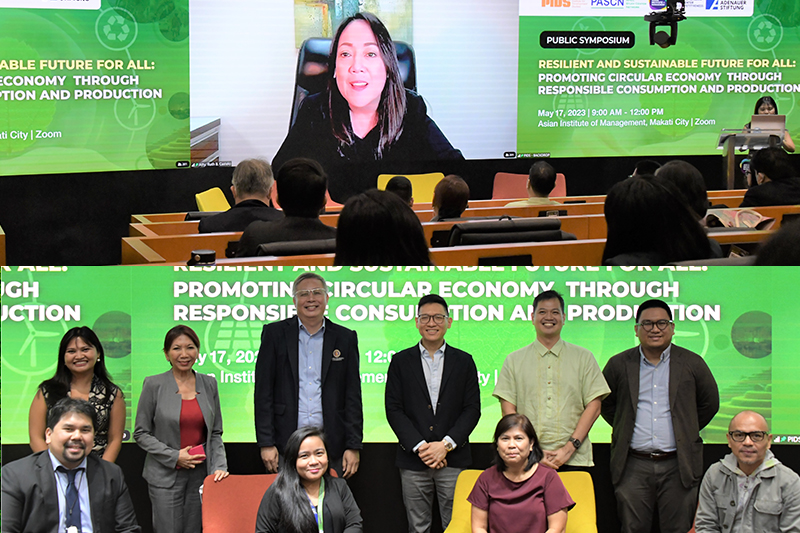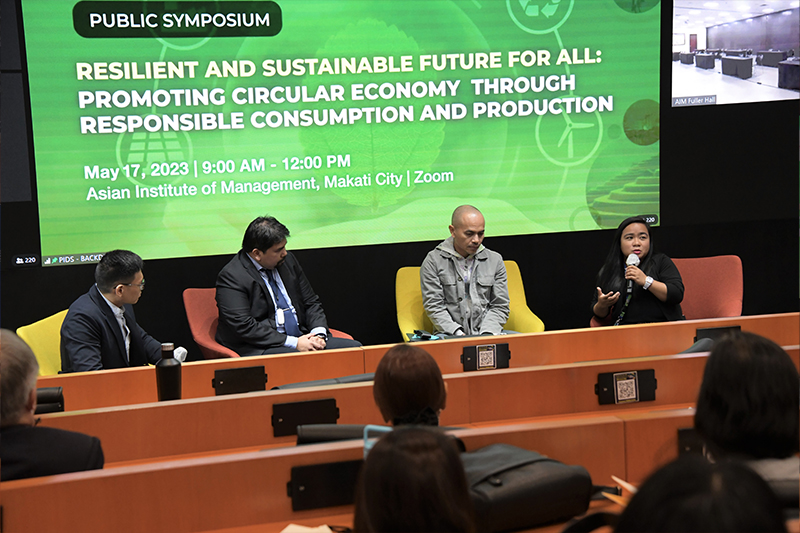Trade Secretary Ramon Lopez on Friday issues a strong call for the Senate to concur for the ratification of the Regional Comprehensive Economic Partnership (RCEP) agreement before the 18th Congress ends, reiterating that the landmark trade agreement would benefit multiple sectors in the economy, including small businesses and the agricultural sector.
The Senate has a narrow window after the 9 May elections to tackle the accord before the current session of Congress wraps up.
“Our micro, small and medium enterprises (MSME) will have the opportunity to access cheaper raw materials for production and manufacturing and at the same time access to a big market for their products. Farmers can benefit from having access to cheaper farm inputs and farm implements that can be used to boost their production. Fishers will not only benefit from enhanced market access for fish products but could also fish outside the RCEP region and process their catch in the country for export to 14 RCEP countries, still complying with the rules of origin,” Lopez said during a panel discussion with the Management Association of the Philippines (MAP) in the discu8ssion titled “RCEP: Should we get in now?”
Lopez maintained that sensitive agricultural products such as rice, corn and sugar would remain excluded from tariff liberalization under the agreement.
Likewise, Agriculture Secretary William Dar also highlighted the importance of the RCEP region to global trade, noting the opportunities regional cooperation would bring for the agriculture sector.
“New partnerships driving the global economy can have a positive, lasting impact in the agriculture sector. For most ASEAN countries, agriculture and fisheries remain a chief economic driving force, and with the Philippines’ accession to this mega trade partnership, we could be looking at an expanded trade liberalization that comes with many benefits such as lowered trade barriers, improved market access, more streamlined customs-related procedures and export of zero-tariff products, among others,” he stated.
Other speakers at the event included Dr. Ramonette Serafica, Senior Research Fellow of the Philippine Institute of Development Studies (PIDS) and Arthur Tan, CEO of Integrated Microelectronics Inc., who also expressed support for the RCEP ratification.
Services hub possible
Serafica discussed the trade-in services provisions of the agreement, noting that the Philippines has a comparative advantage in this sector, particularly in services outsourcing. She also emphasized that the Philippines’ current services commitments under RCEP are based on the regulatory regime before the recent passage of amendments to the Public Services Act, Retail Trade Liberalization Act and Foreign Investments Act, stressing that deferring ratification may result in further concessions for services.
“If we join later, we will have to renegotiate our commitments, and it is likely that we will be asked to bind the more liberal regime,” she said.
Tan noted that RCEP would benefit the manufacturing industry through its harmonized rules of origin (ROO) and reduced tariffs, which would lower the cost of inputs for the electronics sector. He also stressed the importance of encouraging vertical integration and increasing domestic value-added to prepare industries for RCEP.
“What the pandemic has shown us is that countries which are not vertically integrated for products are actually at a disadvantage…I hope that we actually use this platform now to put into play the focus and the strategies to make our country independently vertically integrated in terms of certain products and services so that when the time comes, and it’s not a matter of if, but when, we can at least be competitive at that level.”
During the open forum segment of the meeting, Assistant Secretary Allan Gepty highlighted how the country can position itself in the region.
He stressed that the Philippines can be a manufacturing hub within the RCEP bloc citing the robust growth of the manufacturing sector in recent years. He also noted the potential of the Philippines to become an innovation hub taking into account its strong intellectual property regime, and existing laws that encourage innovation and technology transfer.
“Another comparative advantage of the country is to be the center of training and education in the RCEP region, and the passage of the Transnational Higher Education Act complements this positioning. Thus, we can expect more partnership and collaboration between and among different educational institutions in the region,” Gepty added.
The RCEP pact was signed by the ministers of 10 ASEAN Member States and 5 dialogue partners last 15 November 2020. The Agreement took effect this year for 12 Signatory States.
The agreement was ratified by President Rodrigo Roa Duterte last 2 September 2021, but the measure pends with the Senate.








